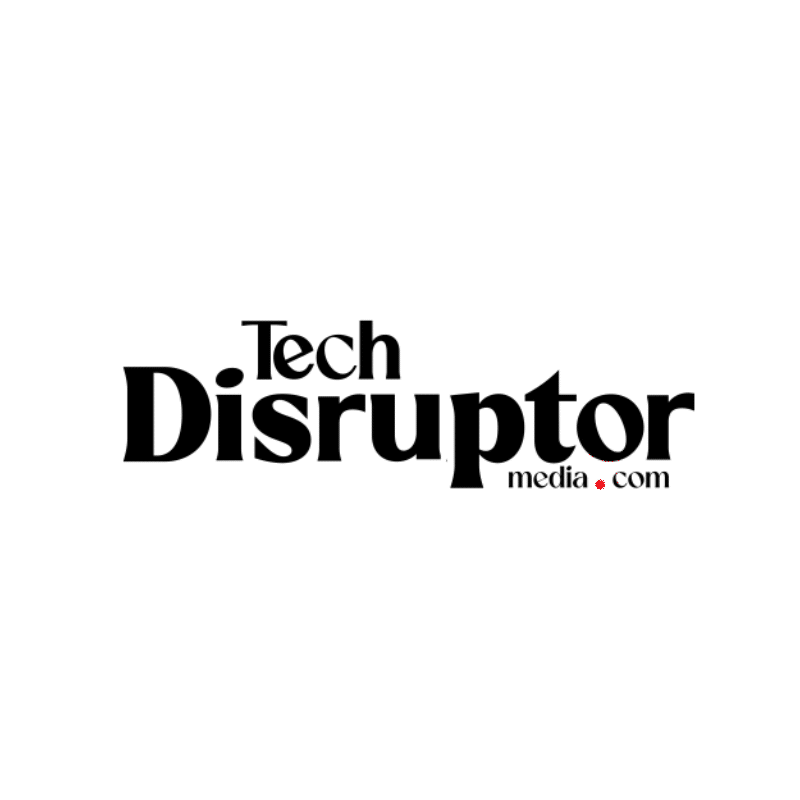While the broader AI landscape often highlights general-purpose models and horizontal platforms, a significant shift is underway: the “vertical ascent.” A new wave of AI startups is proving that true disruption lies in deeply tailored AI solutions built to dominate highly specific industries and solve acute, long-standing problems. These companies aren’t just applying AI. They are reinventing workflows, creating new efficiencies, and unlocking immense value by understanding the unique nuances of their chosen markets.
The market opportunity for this focused approach is staggering. The global vertical AI market, valued at an estimated $12.9 billion in 2024, is projected to surge to approximately $115.4 billion by 2034, exhibiting a remarkable CAGR of 24.5%. This growth is driven by vertical AI’s capacity to go beyond traditional software, automating high-value knowledge work and directly targeting the vast labor market – an estimated $11 trillion spent in the U.S. alone, dwarfing the conventional enterprise software market. Companies leveraging vertical AI can capture a significant portion of an employee’s value, with some realizing 25-50% automation of roles.
For venture capitalists seeking the next frontier of growth, these specialized AI innovators are compelling opportunities. They build significant competitive moats through domain-specific data, proprietary models, strong regulatory alignment, and deep integration into core industry workflows, leading to higher accuracy, faster time to value, and enhanced operational efficiency. Here are five such companies leading the vertical ascent, demonstrating how hyper-focused AI can yield exponential returns:
- KOGO Tech Labs (Bengaluru, India)

KOGO Tech Labs stands out by developing a versatile platform of private AI agents, APIs, and models that delve into diverse, often complex, vertical applications. The beauty of KOGO’s solution is that it can be deployed privately, on the edge, minimising cybersecurity risks. Instead of a one-size-fits-all approach, KOGO builds specialized AI agents for niche industries like defence, healthcare, BFSI, etc, automating numerous tasks with precision. For instance, KOGO’s AI agents are designed to automate complex operations such as clinical decision support and claims processing in healthcare and BFSI, or enhance customer engagement with precision in areas like loan applications and insurance inquiries.
Crucially for industries with sensitive data, KOGO advocates for and delivers private AI infrastructure, enabling clients to host AI models and agents securely on-premise or within private clouds, ensuring compliance and data sovereignty—a critical factor for sectors like defense and BFSI. Their partnership with Qualcomm aims to provide such secure, high- performance private AI stacks, with early use cases including real-time fraud detection in banking and clinical decision support in healthcare.
KOGO is actively co-developing Agentic AI solutions for the Indian Army, supporting faster and more effective decision-making by interpreting vast amounts of intelligence from diverse sources. This deeply specialized, compliance-driven approach, combined with their AI capabilities for content creation and robust integration features, positions KOGO to drive significant operational efficiency and strategic advantage within these high-value, regulated verticals.
- Niramai (Bengaluru, India)

In the critical healthcare sector, Niramai is making significant strides with its innovative approach to diagnostics. This Indian startup has developed an AI-driven solution for early breast cancer screening using thermal imaging, offering a non-invasive and radiation-free method. The AI in healthcare market is set to expand dramatically, from an estimated $26.57 billion in 2024 to a projected $187.69 billion by 2030, growing at a powerful CAGR of 38.62%. This growth is fueled by impressive ROI, indicating that AI investments in healthcare realize returns within 14 months, generating $3.20 for every $1 invested. Furthermore, 79% of healthcare organizations are now leveraging AI, with some even doubling employee productivity. Niramai’s focused solution taps directly into this high-growth, high-impact segment, offering a critical advancement in preventative healthcare.
- Zest AI (Los Angeles, USA)

Zest AI has carved a formidable niche in the financial services industry by transforming the way lending decisions are made. Their specialized AI software empowers lenders to more accurately assess borrower risk and improve loan approval rates without increasing defaults. The global AI in FinTech market is anticipated to reach $41.16 billion by 2030, growing at a CAGR of 16.5% from 2022, with the BFSI sector capturing a significant 21.5% share of the overall vertical AI market in By leveraging machine learning to analyze vast amounts of data beyond traditional credit scores, Zest AI provides a deeply tailored solution that optimizes a core function of the financial sector, leading to measurable improvements in efficiency and profitability by reducing risk and expanding access to credit for its clients
4. Eightfold.ai (Santa Clara, USA)

Addressing the intricate challenges of talent acquisition and management, Eightfold.ai has emerged as a leader in HR Tech with its specialized AI platform. This company offers a comprehensive talent intelligence platform that uses AI to help enterprises identify, hire, and retain the best talent. A staggering 96% of senior HR professionals believe AI has the potential to greatly enhance talent acquisition and retention, with AI technology capable of saving recruiters approximately 15 hours per week. The adoption of AI in talent acquisition has seen a 450% increase over five years. Eightfold.ai’s platform directly addresses these needs, streamlining recruitment processes, enhancing diversity, and optimizing workforce planning for large enterprises.
- BrainBox AI (Montreal, Canada)

BrainBox AI is at the forefront of applying AI to real estate and energy management, a sector poised for significant transformation. Their specialized AI technology focuses on optimizing HVAC (heating, ventilation, and air conditioning) systems in large commercial buildings. The global AI in smart buildings and infrastructure market is projected to grow from $40.1 billion to an impressive $338.5 billion by 2034, with a CAGR of 23.9%. By using deep learning to predict building needs and autonomously adjust climate controls, BrainBox AI significantly reduces energy consumption, cuts carbon emissions, and improves occupant comfort. This targeted application delivers substantial environmental and economic benefits, demonstrating powerful vertical AI innovation in smart buildings, driving efficiency in an industry that traditionally faces high operational costs.





